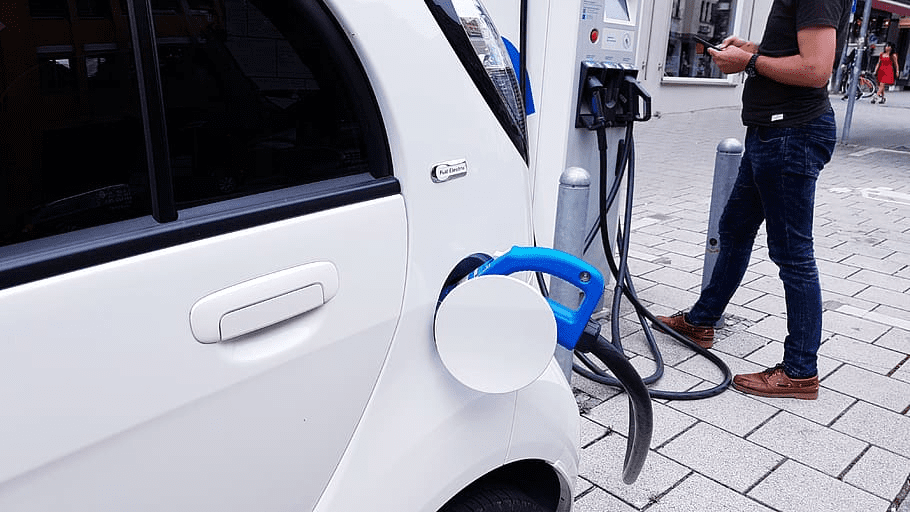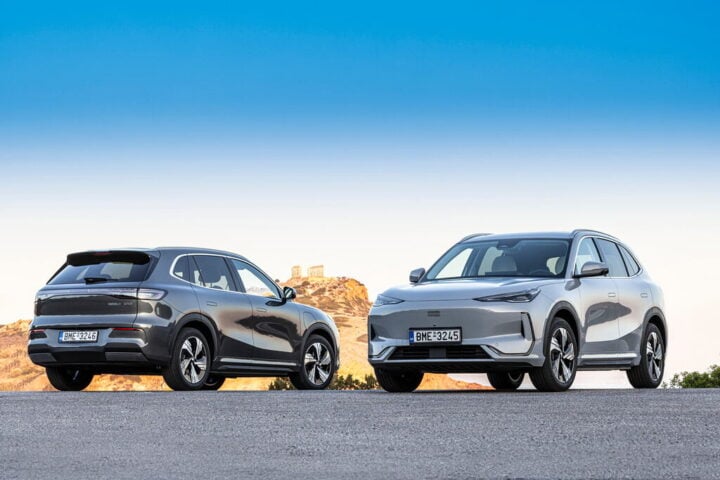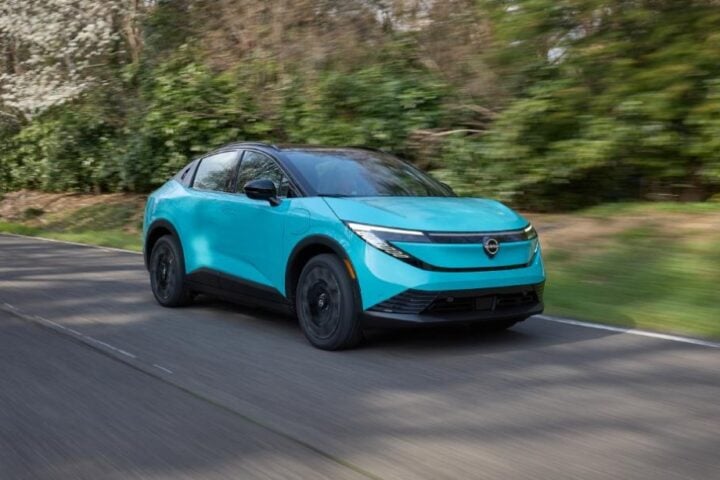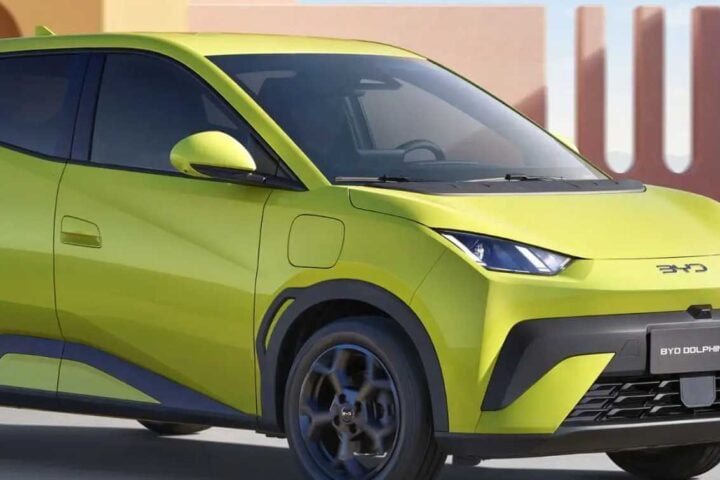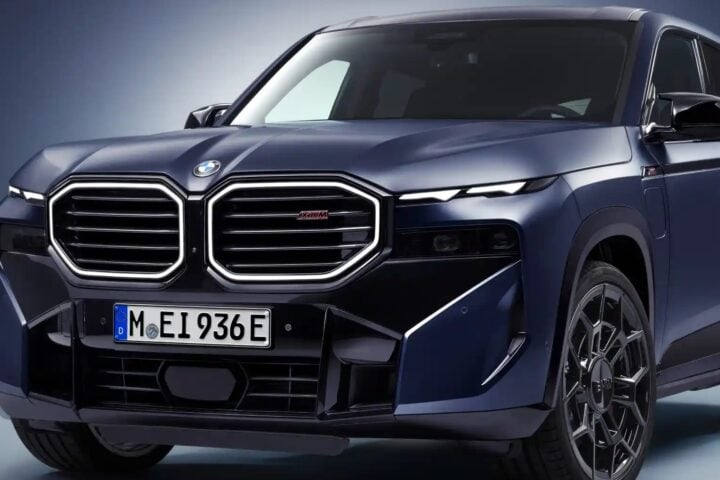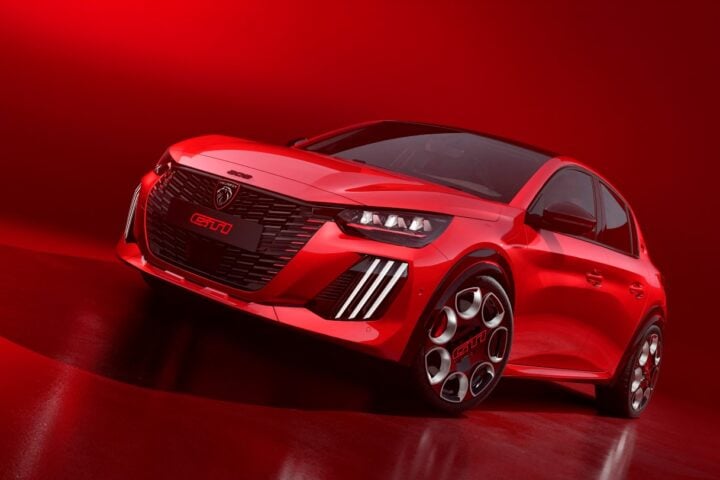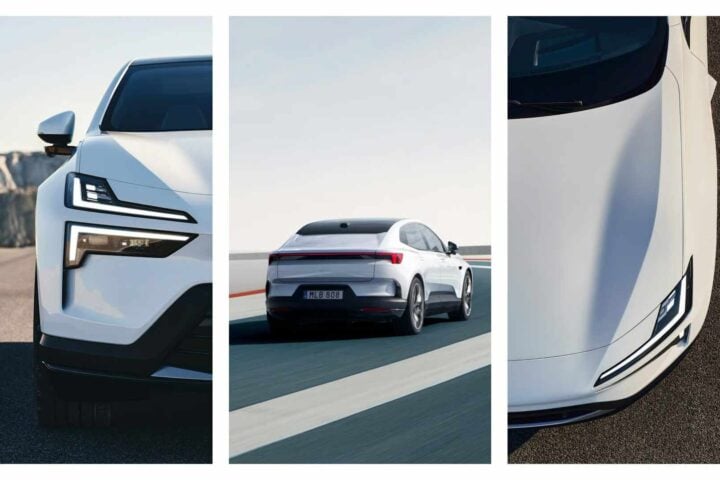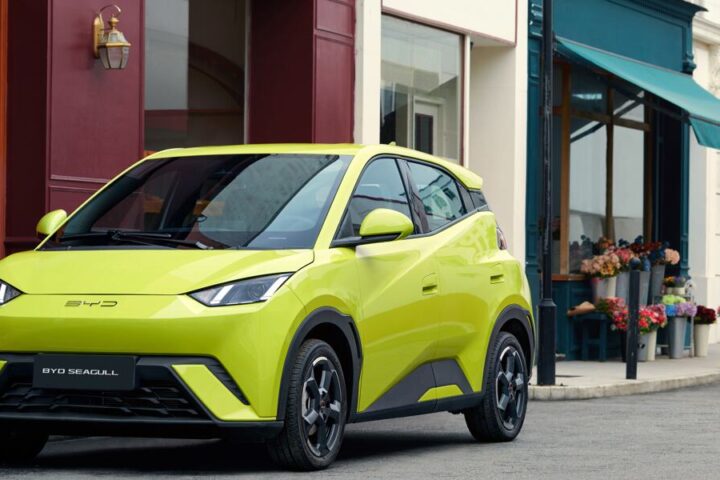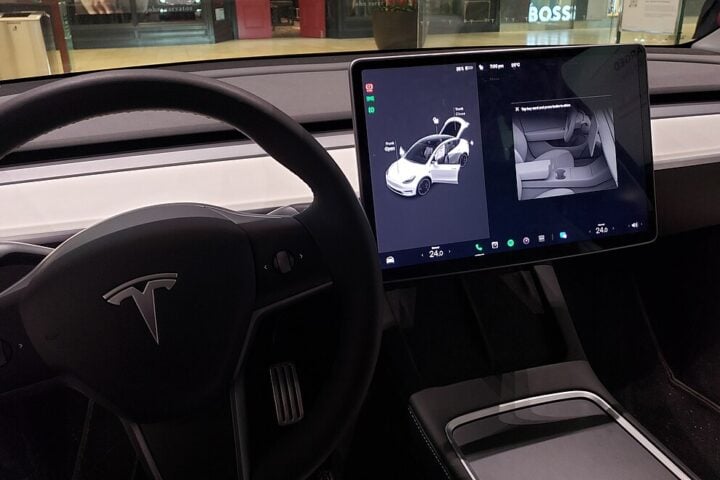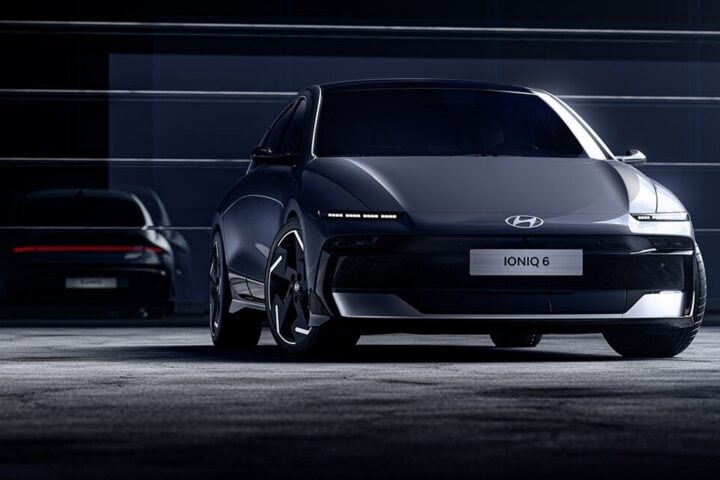Insurers are being pushed into writing off numerous electric vehicles with only minor damage to battery packs, forcing the batteries to be sent to scrap yards and undermining the climate benefits of going electric. Battery packs cover roughly half the cost of an electric vehicle, sometimes costing tens of thousands of dollars, often making it more economical for insurers to consider junking the car rather than replacing the battery pack, according to Reuters. The trend has emerged as an unanticipated downside to the rapid transition towards electric vehicles, which have been widely acknowledged for their environmental benefits and potential to reduce dependence on fossil fuels.
The insurance industry’s management of these cases has raised eyebrows among consumer advocates, who argue the practice has been unfairly penalizing EV owners. Electric vehicle and battery production are both expected to rise dramatically by 2026, with more than $120 billion invested, according to the Environmental Defense Fund.
While the preliminary purchase price of an EV may be higher than that of a comparable petrol or diesel-powered vehicle, lower fuel and maintenance costs have often been highlighted as advantages to help offset the higher upfront cost. Many have called for insurance firms to update their policies to better accommodate the unique issues associated with electric vehicle ownership, including offering specialized coverage options for battery pack replacements. Without access to diagnostic data, it is likely that insurance costs will climb as more electric vehicles are sold and low-mileage cars are scrapped.
The rising cost of insuring EVs has become a source of worry for EV owners, with some insurers refusing to insure certain brands due to uncertainty around repair costs. The price of replacing an EV’s battery pack can be expensive, often ranging from $20,000 and up, depending on the make and model. As many carmakers, including Ford and GM, told Reuters, their battery packs were repairable, but many are unwilling to share key data with third-party insurers to help assess the damage.
Owners of older electric vehicle models are particularly vulnerable to this problem due to aging battery packs, as the cost of battery replacement can easily exceed the market value of the car itself. Despite the challenges posed by battery replacement costs, the electric vehicle market continues to grow rapidly, driven by the global transportation trend towards greener transportation solutions.
As electric vehicles continue to gain more demand and become an increasingly significant part of the automotive sector, it is clear that the insurance industry will need to accommodate the unique challenges they present.
